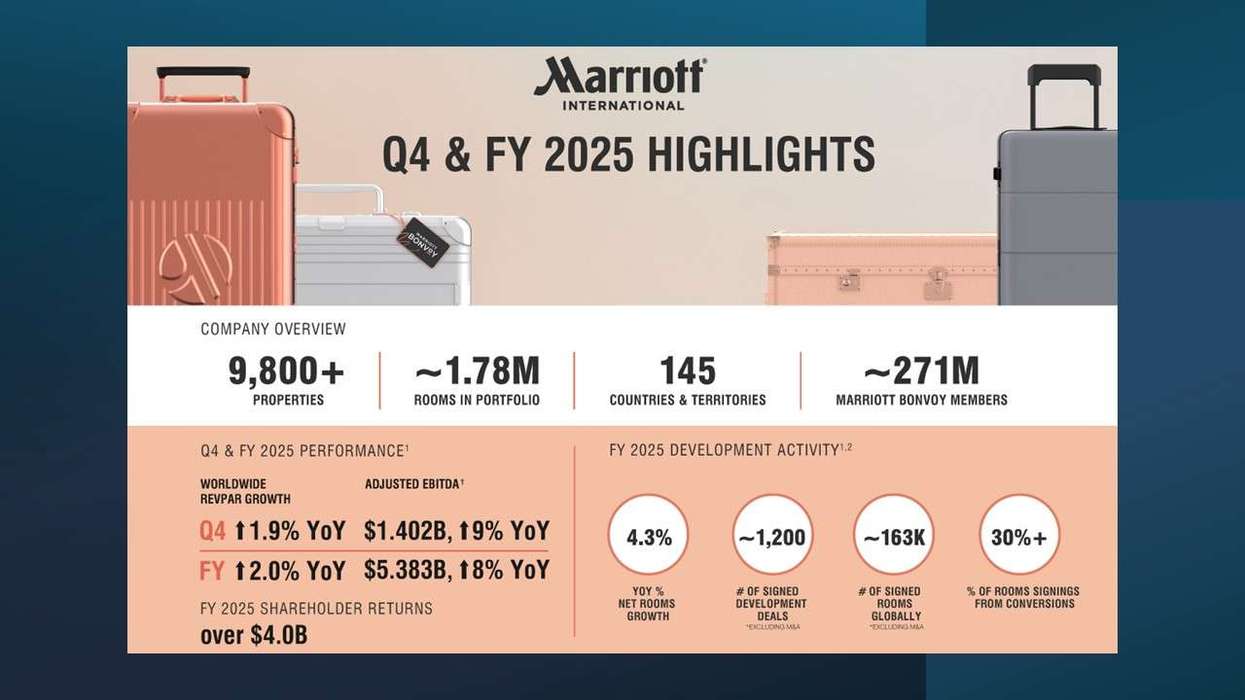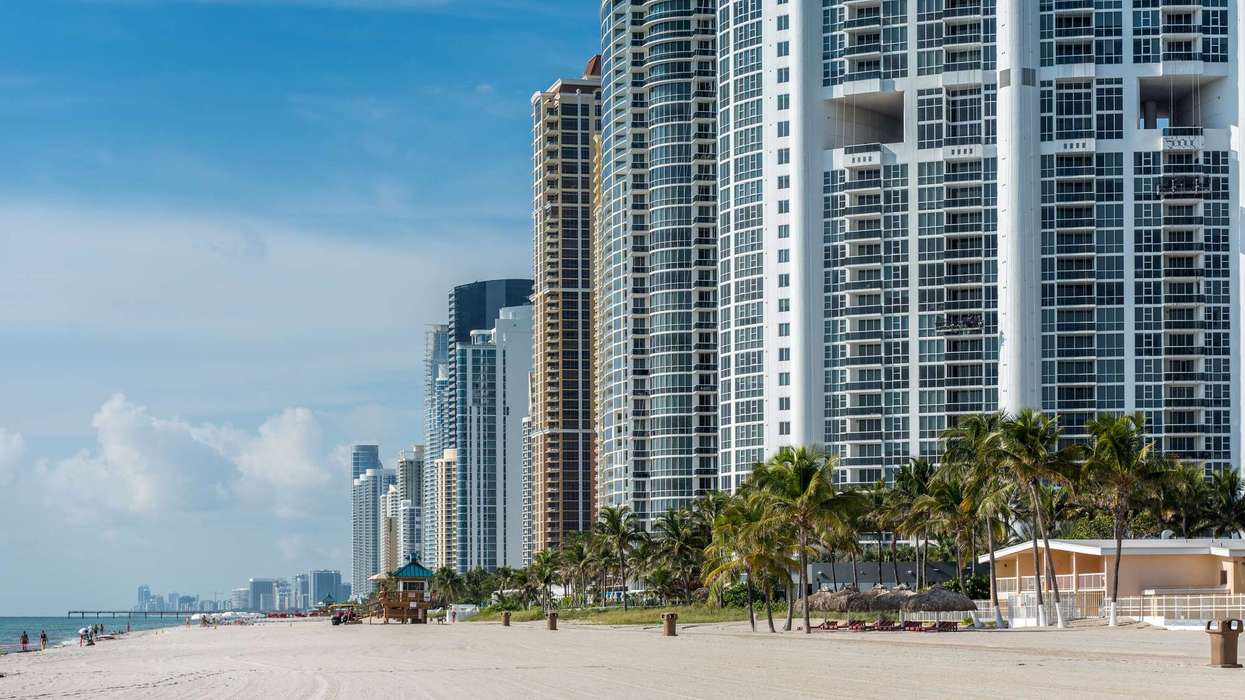AS THE COVID-19 pandemic tears through the U.S. economy, one more result will be an increase in loan defaults, according to Trepp research firm. The lodging sector could see a 35 percent default rate on commercial mortgages.
Trepp’s report, “COVID-19 Impacts on Commercial Real Estate: Rising Defaults and Losses in the Loan Sector,” predicts an 8 percent overall default rate over the coming weeks, compared to the current 0.4 percent rate. The study included data from 12,500 commercial real estate loans with an overall outstanding balance of $77.5 billion representing various types of commercial real estate.
Lodging comprises 6 percent of that total debt but has some of the larger loans, including higher average and median loans.
The sudden stop in travel and tourism means that sector will be hit first and hardest.
“The default rate for lodging loans will soar, reaching a peak of nearly 10 percent by the end of 2021,” the report said. “For lodging loans, the cumulative default rate is expected to be 34.8%, translating into cumulative losses of 13.1 percent.”
While it’s possible the current disruptions will end a suddenly as they began, but they also may continue for some time.
“Even if the disruptions do pass relatively quickly, the linkages within the economy mean that the economic fallout will be with us for some time,” the report said.
Trepp used the “severely adverse” scenario for large bank stress testing to gauge the pandemic’s impact on commercial real estate mortgages.
“This scenario assumes that GDP falls precipitously, the unemployment rate rises, peaking at 10 percent, interest rates plunge, and asset prices fall. Commercial real estate prices will be falling 35 percent over the first two years of the scenario,” the report says. “The U.S. economy is already experiencing most of these effects and more are likely to come, though as mentioned above, it is difficult to know how long or deep these impacts will be.”
Under the scenario though, the conclusion of higher default rates across all sectors is certain, Trepp said.
“With lower asset values and reduced liquidity, loss severity will rise,” the study said. “The combination of higher default rates and higher loss severity means that expected loss rates will also increase.”
STR has forecast a 50.6 percent decline in RevPAR in 2020 as a result of the COVID-19 pandemic.





